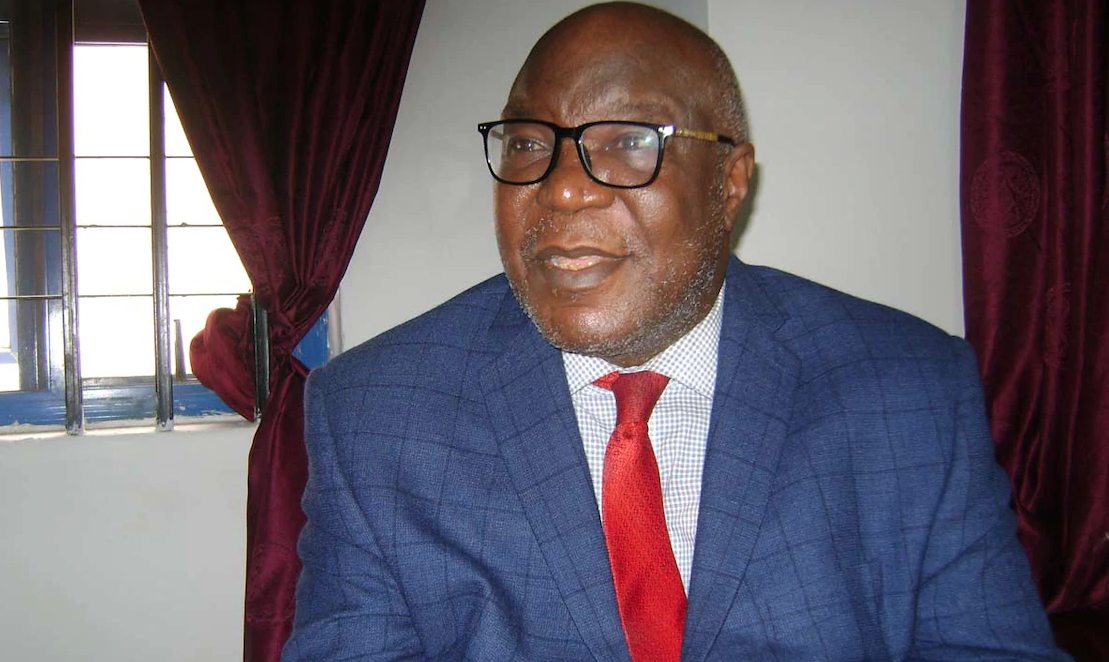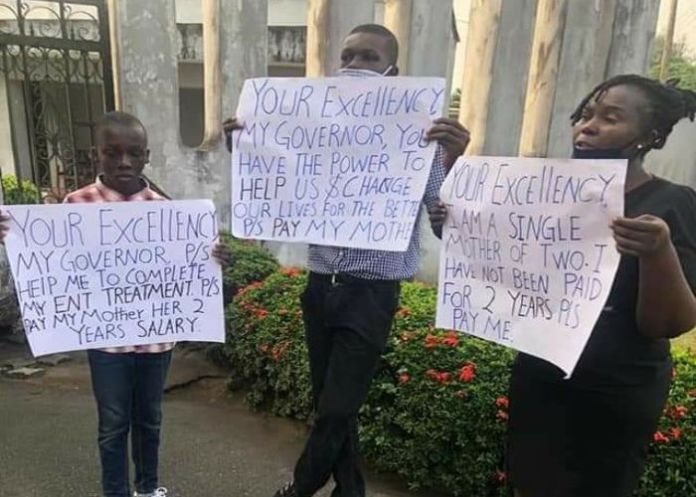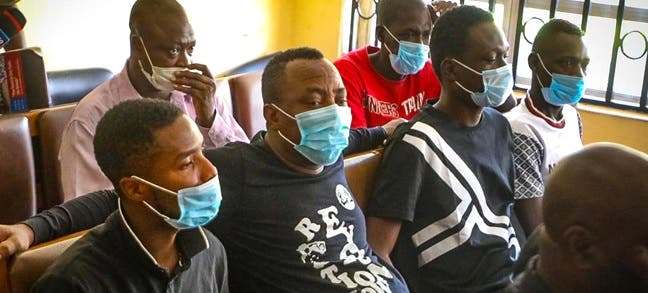Mathematician. Engineer. Educationist. Public administrator. Mentor. Author. Scholar. It’s a long list of achievements for Oyewusi Ibidapo-Obe, who took his last breath on January 3, barely 72 hours after crossing over to a new year. One would have thought that Ibidapo-Obe’s love for mathematics would have limited him to the realm of numbers. But he excelled in other areas like administration and engineering. Although a popular maxim states “jack of all trades, a master of none,” this was not the case for Ibidapo-Obe, who achieved near-perfection in all the fields he ventured into.
Announcing his death in a statement on Sunday, Olayinka Balogun, registrar and secretary to the council of the First Technical University, Ibadan, Oyo state, wrote: “With a heavy heart and submission to the will of God, I write to inform Council members of the transition to glory of Professor Oye Ibidapo-Obe, the Pro-Chancellor and Chairman of Council, First Technical University, Ibadan which occurred today 03/01/2021. I pray for the repose of the soul of the departed.”
A FIRST-CLASS MATHEMATICIAN-TURNED-ENGINEER
Born on July 5, 1949, he attended Lagos Street African Church Primary School, Ebute-Metta and Obokun High School/Ilesa Grammar School from 1962 to 1966. He proceeded to Igbobi College, Yaba, Lagos state and was there from 1966 to 1968. He also attended the University of Lagos, where he was awarded a Bachelor of Science (B.Sc.) in Mathematics, first-class division. He was the overall best graduating student of the university in 1971.
Advertisement
He did not stop there; he also proceeded to the University of Waterloo, Ontario, Canada, where he obtained a master’s degree in applied mathematics, with a minor in computer science in 1973, and a doctor of philosophy (PhD) degree in civil engineering, with specialisation in applied mechanics/systems in 1976.
FROM GRADUATE ASSISTANT TO VICE-CHANCELLOR
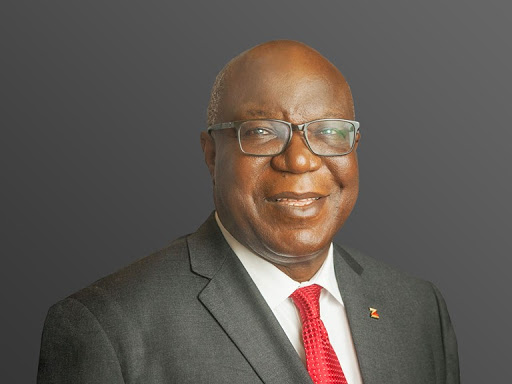
Advertisement
The career of Ibidapo-Obe shows that with determination and focus, one can get to the pinnacle of his or her career. His journey from graduate assistant in UNILAG to the institution’s vice-chancellor provides a sense of motivation for youths who are passionate about career growth which can engender societal development.
He was employed as a graduate assistant in UNILAG on October 1, 1972. Between 1976 and 1983, he moved from lecturer (grade II) to professor. Before assuming the position of vice-chancellor, he worked in different leadership capacities in the institution. He served as head of the engineering analysis unit from 1991 to 1995. He was appointed as the dean of faculty of engineering from 1995 to 1999.
He became deputy vice-chancellor in April 2000, and was subsequently appointed to act as the vice-chancellor between September 2000 and April 2002.
On May 1, 2002, he was confirmed as the substantive vice-chancellor of the institution and served in that capacity till April 30, 2007.
Advertisement
SERVED AS VC IN TWO FEDERAL UNIVERSITIES
In 2011, he was appointed as the pioneer vice-chancellor of Alex Ekwueme Federal University, Ndufu-Alike Ikwo, Ebonyi state (AE-FUNAI), previously known as Federal University, Ndufu Alike Ikwo (FUNAI), Ebonyi.
He deployed his vast experience to ensure that the newly-established federal university achieve stability and growth.
He left the institution on February 25, 2016, following his retirement.
Advertisement
‘I ALMOST DIED WHEN JONATHAN ANNOUNCED NAME CHANGE FOR UNILAG’
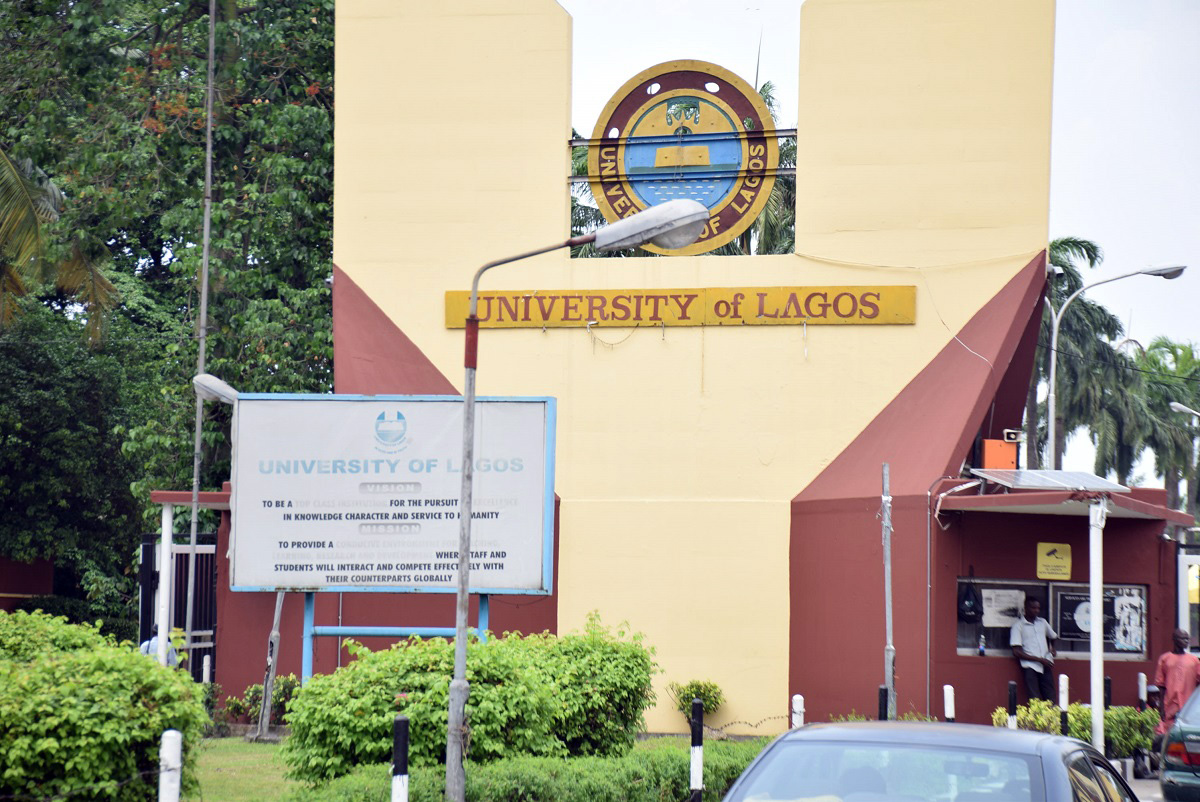
Advertisement
It was during his tenure as vice-chancellor that former President Goodluck Jonathan announced that UNILAG would be renamed as Moshood Abiola University.
On May 29, 2012, in a broadcast to mark Democracy Day, Jonathan said the federal government had decided to honour the late M.K.O. Abiola — the presumed winner of the June 12, 1993 presidential election before it was annulled by Ibrahim Babangida.
Advertisement
“After very careful consideration, and in honour of Chief M.K.O. Abiola’s accomplishments and heroism, on this Democracy Day, the University of Lagos is renamed by the federal government of Nigeria, Moshood Abiola University, Lagos. The federal government will also establish an Institute of Democratic Studies and Governance in the University,” Jonathan had said in a broadcast.
The decision of Jonathan to rename UNILAG as Moshood Abiola University did not go down well with students, lecturers and alumni of the institution. It sparked massive protests, especially in Lagos, with many of the demonstrators calling on the Jonathan-led administration to reverse the change.
Advertisement
Aside protests, a legal suit was initiated before a federal high court sitting in Ikeja, Lagos. The court initially restrained the federal government from carrying out the renaming, before the change was nullified and tagged as illegal.
The students and alumni had argued that the federal government did not follow due process before renaming the institution, which had been in existence for 50 years at that time, noting that it is imperative to preserve the name of the institution, which to them was an international brand.
Ibidapo-Obe, in an interview with Legit, had said he “almost died” when he heard the announcement that the institution would be renamed after Abiola.
“I almost died when I heard the announcement. The university community would have buried two people. It was really painful and for me it was double pain because I was mourning my friend, the late VC,” he had said in the interview.
“My consolation is that it will help me to retain the memory of my friend. At least, each time this issue comes to mind, I would remember it was the time my friend died. And that is what we are saying. Again the timing was very bad. Here is a community mourning the VC and just this devastating news again, it is bad.”
The professor said the name “UNILAG” is the identity of the institution and that it would take another 50 years to adjust to the new name at the national and international stage if it was changed.
“You ask me, what’s in a name and I tell you that everything is in a name. Name is everything,” Ibidapo-Obe said.
“Your name is your identity. You change name to make products do well. If the university has not been doing well, if it has not been producing the kind of graduates we want, we can change the name to give us what we want but that is not the case here.
“Those who say there is nothing in a name are jokers. It will take another 50 years to adjust to this new name.”
At the time, he also responded to a question on if the government refused to reverse its decision.
“The federal government can’t refuse. We are starting a legal process, this university has produced 120,000 graduates. We have friends in other universities who are against the government’s decision,” he said.
“This government belongs to all of us so it can’t impose an unpopular decision on us. We have friends outside Nigeria. We have friends in the academic community. We will also go through the national assembly, because we know that government cannot unilaterally change the name of the university because it was established by an act of parliament.
“If the national assembly disappoints us, we will go through a referendum and I learnt we would need about 50,000 signatures. Our friends in and outside the country will support us. We know we would have the required signatures to upturn any unpleasant decision. That is the beauty of democracy. Democracy is good; it gives you the opportunity to challenge government’s decision.”
ARDENT BELIEVER IN MERIT OVER FEDERAL CHARACTER
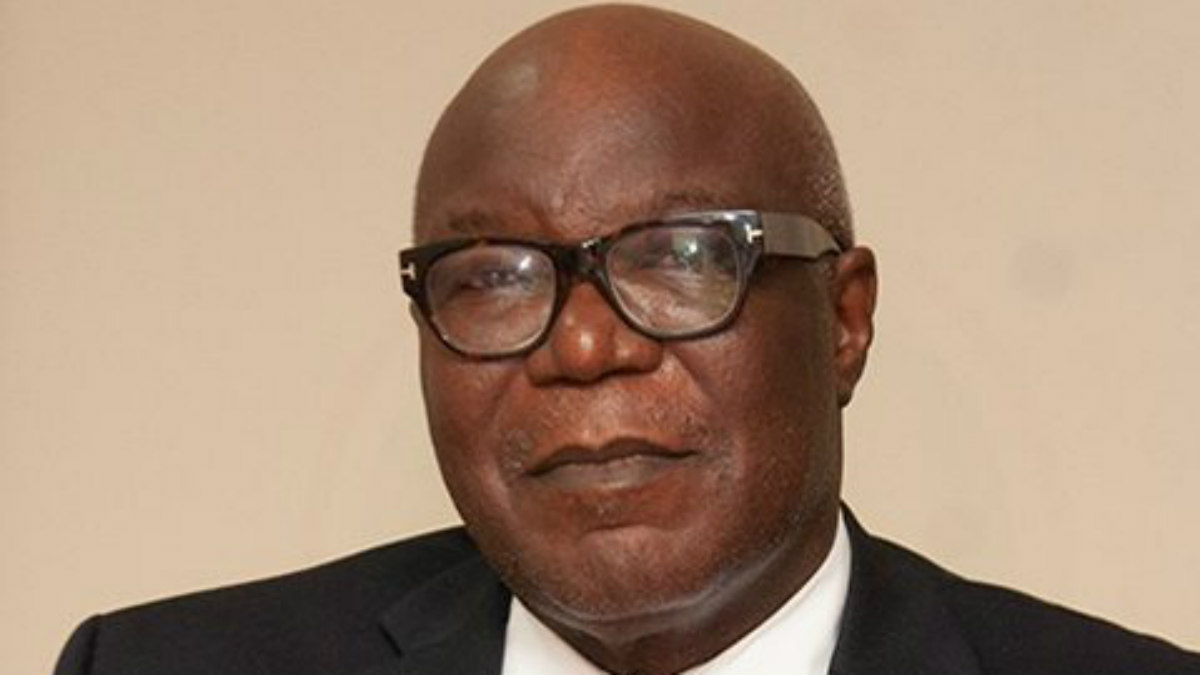
He believed in the principle of merit over federal character in the appointment of persons into public offices in the country.
In 2018, the former vice chancellor, while speaking at a symposium with the theme: “Followership: An Antidote to a Defective Leadership”, argued that Nigeria is battling the problem of poor leadership because merit is sacrificed on the altar of federal character.
“I have heard the argument that we introduced the Federal Character Commission so that the country can remain one. Of course, when you follow federal character in your various appointments, you drive at what is called sub-optimal, because you are not using the best persons,” he had said.
A SCHOLAR WHO ALSO BELIEVED IN LOVE AT FIRST SIGHT
Despite his love for numbers, Ibidapo-Obe was one of those persons who believed in love at first sight. In an interview with The Punch, he revealed how he met his wife, Olusola, at a party and fell in love with her immediately.
“I met her at a small party. It was love at first sight. I felt she was a good wife material and my prediction has turned out to be correct,” he told the newspaper.
HE BELIEVED IN CORPORAL PUNISHMENT
In another interview with The Punch, he opened up on his fatherly responsibilities and how he coped with combining it with academics.
The former vice chancellor said he employed corporal punishment to discipline his four children when they misbehaved.
“I never banned corporal punishment in my house. I employed corporal punishments for my children when they misbehaved. I would tell them to stand on one leg or close their eyes for a while; sometimes, I say, ‘come, come and take two strokes of the cane,'” he said.
“But what we were told was that we should not beat our children when we are annoyed. When you are annoyed, you take a breath and then punish them. You don’t beat them when you are annoyed so as not to hurt them.”
HIS MOST IMPORTANT CONTRIBUTION TO SCHOLARSHIP
Speaking in an interview after his appointment at The Technical University, he said what he considers his most important contribution to scholarship is the diversity he has brought to learning.
“Well, I was the first to start this issue of artificial intelligence. That was why I worked with Prof. Olunloyo to set up Biosystems Engineering, because we thought that, going forward, the ability to think in a systems manner, to connect all the various, different nodes further would be necessary to move forward,” he said.
“And, it is applicable to all different things, including what I just said. For instance, how can we take advantage of diversity to achieve common goals? There is a tribe in India and what they are known for is that they can never steal, so everybody picks them as financial controller. That’s the kind of diversity we should learn from. We should learn from how countries like Canada, USA and others have managed their diversity.”
The death of the 71-year-old professor came as a surprise to many, including his family, friends, colleagues and former students who he had positively impacted as a teacher and mentor. However, for the many ways he has struck a major chord on the path of development, Ibidapo-Obe will be well remembered.
Add a comment
